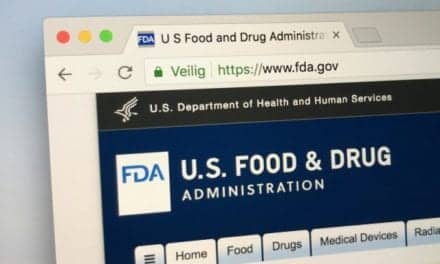Summary: ADLM’s survey reveals that the FDA’s new rule on laboratory-developed tests could severely limit access to vital diagnostics, particularly in rural and marginalized communities, leading to harmful delays in patient care.
Takeaways:
- Nearly 48% of U.S. labs may discontinue vital laboratory-developed tests due to FDA’s new regulatory requirements.
- More than 60% of labs report no alternative laboratory within their state to offer discontinued tests, impacting rural and underserved communities the most.
- ADLM advocates for rescinding FDA’s rule and calls for enhanced CMS oversight to maintain test availability and ensure patient access.
The Association for Diagnostics & Laboratory Medicine (ADLM) released results from an ongoing survey that ADLM has been conducting to determine how the Food and Drug Administration’s (FDA’s) final laboratory-developed tests rule will impact patient care. The survey found that, under the FDA rule, individuals from rural and historically marginalized communities will have severely limited access to vital tests, which could lead to harmful and even life-threatening delays in diagnosis and treatment.
The FDA’s LDT Rule
On May 6, 2024, the FDA published a final rule on laboratory-developed test regulation that will place these tests under FDA oversight, in addition to the Centers for Medicare & Medicaid Services (CMS) oversight that they are already under. Currently, this rule is set to be phased in over the next four years. ADLM has long advocated against a move of this sort, contending that labs do not have the resources to meet the FDA’s regulatory requirements on top of CMS’, and that this duplicative regulation will push many labs to stop performing these essential tests.
ADLM Survey Results
The results from ADLM’s latest survey of clinical labs confirm this fear. The survey asked labs across the U.S., if the new rule goes into effect, will they seek FDA authorization for their laboratory-developed tests or will they discontinue them? Approximately 48% percent of respondents (n=121) say that they would discontinue their tests, which is a deeply concerning finding, the ADLM says. According to the FDA, there are approximately 12,000 laboratories qualified to perform laboratory-developed tests in the U.S. (out of a total of more than 300,000 clinical labs), which means that nearly 6,000 will stop offering these critical tests.
Impact on Rural and Marginalized Communities
As a follow-up question, the survey then asked labs, if they were to stop performing their laboratory-developed tests, is there another laboratory within their state that would offer the discontinued tests? More than 60% of respondents (n=159) say that there is no alternative laboratory within their state that offers the laboratory-developed tests that they perform. This means that FDA’s rule will create a significant hardship for many individuals—particularly among rural and historically marginalized communities—who do not have the means to travel to obtain access to the tests needed to diagnose and treat their conditions.
“Given the serious negative impact that the FDA’s rule will have on underserved patient groups, ADLM urges lawmakers to rescind it,” says ADLM President Anthony Killeen, PhD. “Concurrently, we encourage Congress to review and update CMS standards pertaining to laboratory developed tests. An overwhelming majority of labs surveyed — eighty-nine percent — stated that, if additional oversight of laboratory developed tests is needed, this oversight should be provided by CMS. This is a clear signal that enhanced CMS oversight is a better solution to this important issue, and we look forward to working with policymakers to make it a reality.”
Figure 1: Laboratories’ decision to seek FDA approval for their LDTs should they fail to qualify for an exception under the final FDA rule. Graphic courtesy of ADLM





